A brief history of India’s foreign policy
This Indian Independence Day, take a look back into the 70 years of the nations foreign policy.
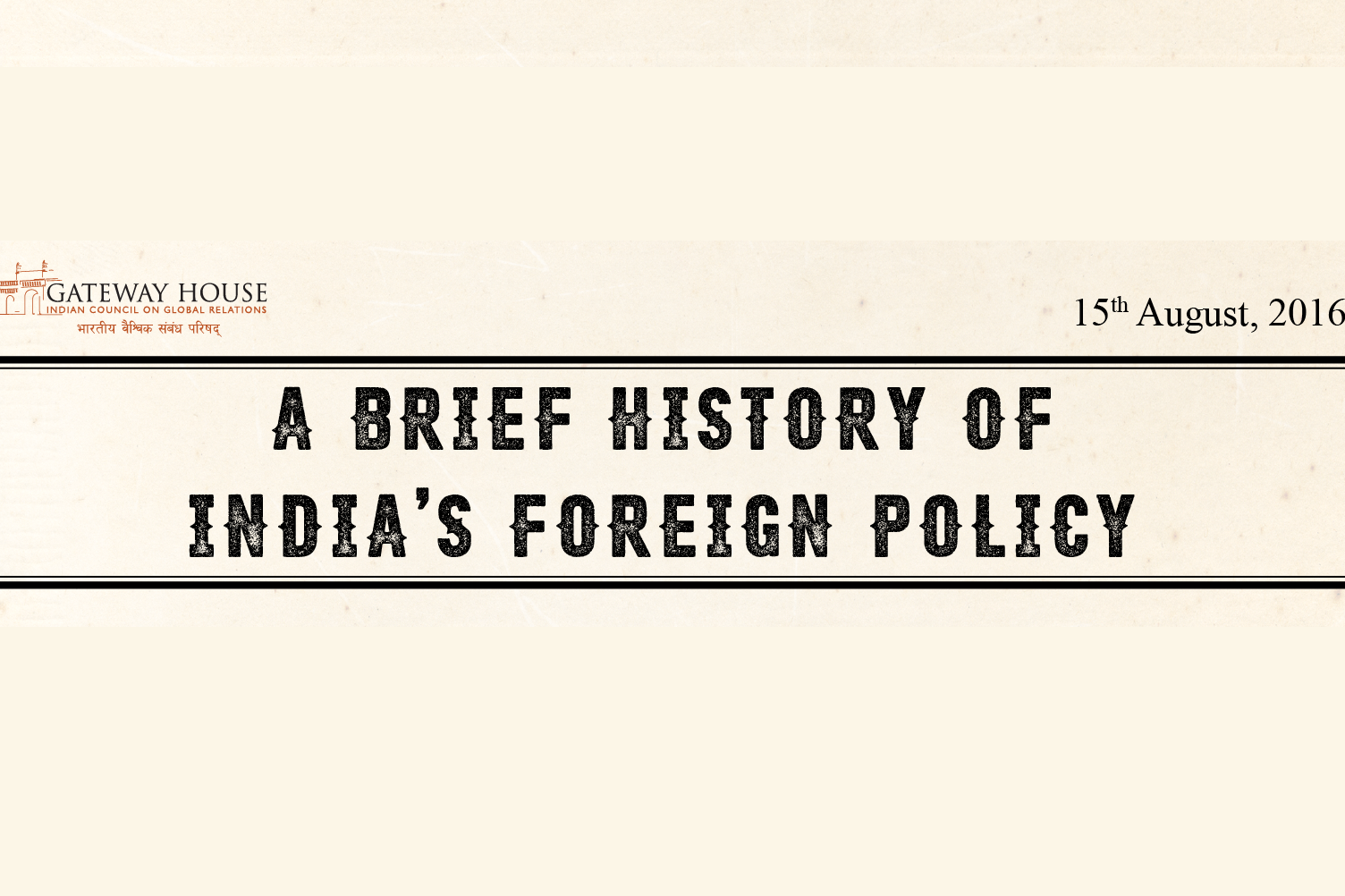 Courtesy: Gateway House
Courtesy: Gateway House
This Indian Independence Day, take a look back into the 70 years of the nations foreign policy.
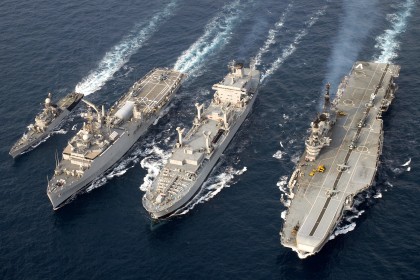 Courtesy: http://nausena-bharti.nic.in/
Courtesy: http://nausena-bharti.nic.in/
With the 21st century being heralded as the 'century of the seas', there is much need for India to reclaim its historically dominant maritime position in civilian and military endeavours.
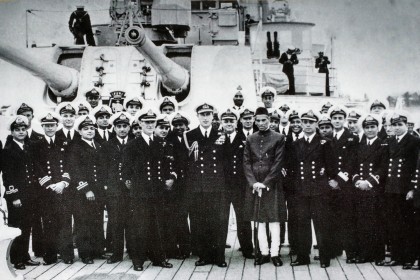 Courtesy: A Salute to the Sword Arm
Courtesy: A Salute to the Sword Arm
15 August 1947 saw the division of more than a country. There were other spoils that were split: the Royal Indian Navy was one of them. This included not just a division of assets, but also of staff, whom the British Royal Navy had trained. This led to a piquant situation
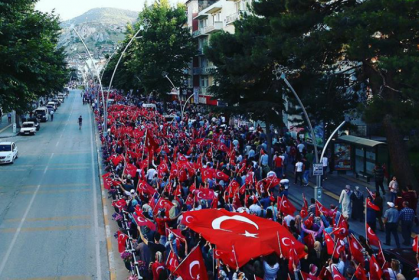 Courtesy: Wikipedia
Courtesy: Wikipedia
The attempted coup on July 15 in Turkey as well as its aftermath have irreparably dented President Erdogan’s international image and impacted Turkey's standing as a democratic state, a military power, a NATO member, an EU aspirant, and an emerging economy. This downtrend is unlikely to be reversed in the near future and the country is in for an extended period of instability
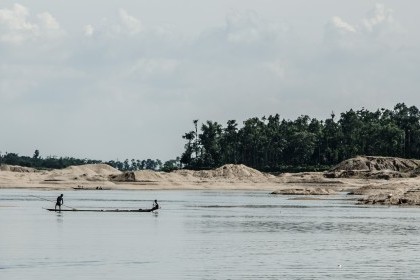 Courtesy:
Courtesy:
India's North Eastern States are part of one of the largest fluvial regions, they share this region with five other nations. At a recent conference, held on the sidelines of the the Nadi Festival in Shillong, the message of 'Listen to the dignity of the river' struck a chord with all present, and is a message which should be carried across the region.
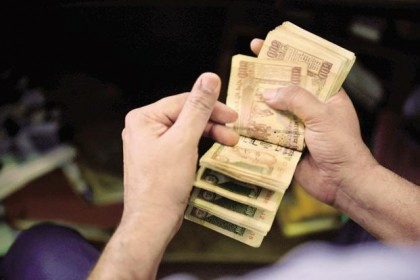 Courtesy: Livemint
Courtesy: Livemint
Indian infrastructure financing has for long suffered from rating concerns, but recent changes to credit enhancement are helping to plug this gap, enabling investment by foreign insurance and pension companies, and stimulating project exports.
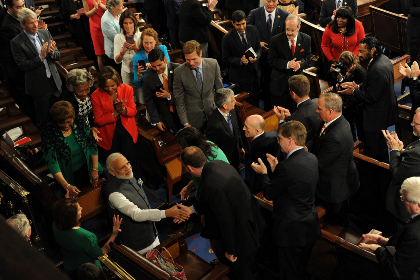 Courtesy: MEA / Flickr
Courtesy: MEA / Flickr
Prime Minister Narendra Modi's fourth visit to the United States has been met with hails of success and with comments of 'too little, too late'. While Modi's friendship with President Obama is often credited for improving bilateral relations, the U.S. leader is currently nearing the end of his term. The new President will have their own geopolitical demands, which will invariably result in India being relegated to a second-term priority.
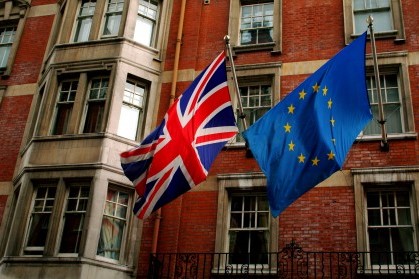 Courtesy: Wikipedia
Courtesy: Wikipedia
On June 23, the United Kingdom will vote on whether they wish to remain a part of the European Union through the Brexit vote. The debate surrounding the vote has spurred many a heated and emotional debate. While the Indian government has not declared anything publicly - remaining in the EU would be beneficial to Indian businesses.
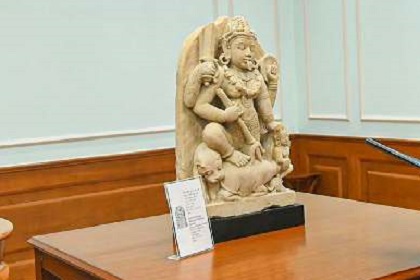 Courtesy: Telegraph India
Courtesy: Telegraph India
This week, Australia returned 29 antiquities stolen from India. It highlights India’s quest to reclaim its heritage and the patronage provided by Indian ministries and the public sector to art. The MEA is a rare custodian of India's cultural heritage. Its Objects d'art committee selects the best Indian art and craft for its embassies, with choices dictated by the many ideas of India and by emotional responses.
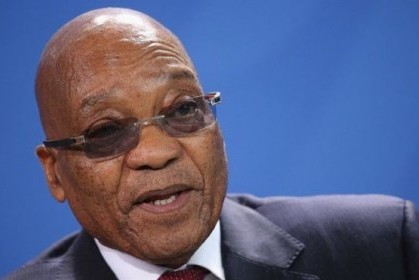 Courtesy: BBC
Courtesy: BBC
At present, South Africa finds itself charting political and economic policy uncertainties. This is not to suggest that the domestic political crisis will see different trajectories unfolding with regard to its BRICS/IBSA engagements, or on a broader foreign policy path, but it will have repercussions at the international level, in terms of investor confidence, credit ratings, and currency volatility. Pretoria will face constant pressure to be seen as a credible actor, especially when it comes to its African identity.